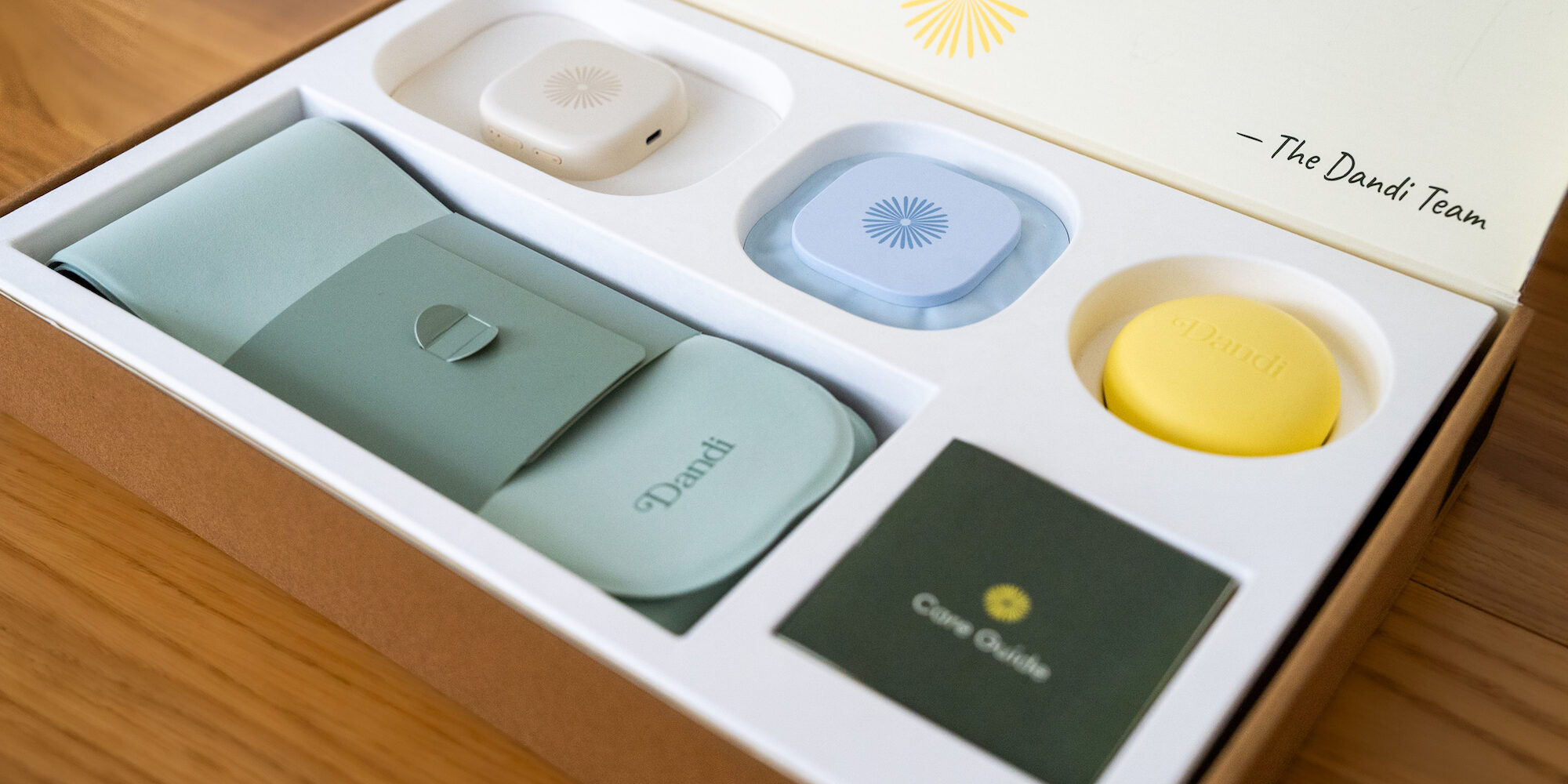
Dandi Launches With $1.3M In Funding To Ease Stressful IVF Treatments
Dandi, a fertility care brand assisting Americans going through often tough in-vitro fertilization treatments, is launching today with $1.3 million in funding.
Tiferes Ventures, Ruttenberg Gordon Investments, Winklevoss Capital and WeWork Alumni Fund are among its backers. Co-founder Jake Kent points out that half of Dandi’s funding is from traditional venture capital firms, and half is from non-traditional institutional investors, family offices and angel investors, a significant portion of whom have been personally impacted by fertility struggles.
“I watched a very close relative go through more than six cycles of IVF at the most premium clinics in the world, but despite paying top dollar, it’s not a luxury experience. In fact, there are parts that I would argue are very humiliating, painful and incredibly expensive,” says Clark Valberg, managing partner at Tiferes Ventures. “I quickly realized that the fertility journey has to be the world’s worst, most expensive experiences. When I heard there was a brand that was working to solve the two hardest parts of this experience—the actual guidance of the administration of the drug through virtual care and the physical products to ease the pain—it was clear we would want to support that.”
In a first for consumers, Dandi’s core offering is the $185 at-home IVF Care Kit designed to address issues related to self-administered IVF treatment injections. Created with guidance from fertility doctors and patients, including a community of 200 women Dandi consults with on WhatsApp, its hands-free system contains a belt, cooling and heating pads, massage ball and shot targets, semi-permanent, non-toxic tattoos applied to a patient’s skin to indicate correct injection sites. An estimated 65% of patients deal with misplaced injections.
“There’s so many great consumer brands that are developing physical products that are helping different pockets of women’s health, whether it’s menstruation, sexual wellness, menopause,” says Kent. “We couldn’t find anything that was purposely built to help the millions of women that are going through IVF injections…Patient after patient we spoke to were experiencing a very, very consistent set of pain points as they went through IVF injections. So many described having to piece together versions of products that were designed for other experiences and how isolating that was.”
A fertility nurse for over a decade, Leyla Bilali, who founded Dandi with Kent, used to see 60 to 80 patients a day between calls and home visits during a multiyear stint at popular fertility clinic Reproductive Medicine Associates of New York. The patient load meant she had little time to tend to each patient. “They had all of these questions just lingering that nobody was able to fill,” she says. “It was not personalized at all, and everybody has their own anxieties when they’re going through this.”
The dearth of individual attention prompted Bilali to launch Fertility Together, a concierge service delivering around-the-clock care to patients paying a monthly fee, in 2017. Fertility Together provides the blueprint for Dandi’s telehealth services encompassing fertility, IVF medication and live injection consultations. The services are led by fertility nurses registered in all 50 states.

Dandi’s IVF Care Kit will be available on its website, where it can be purchased with health spending accounts and customers can add on virtual services, clinics and online specialty retailers. Kent says, “Patients will actually be able to see and touch and feel these kits at some of the clinics as well as the pharmacies that send them their meds…This combination of physical products that are beautiful, that are premium, with a beautiful unboxing experience, nice messaging combined with hands-on real-time support from medically credible resources when you need it will really, really be transformational.”
Physical retail distribution at drugstore and big-box chains isn’t a goal for Dandi at the start, but the brand isn’t ruling it out for the future. “Do we think this could absolutely end up at a Target or a Walgreens? Absolutely. The market is big enough,” says Kent. “It’s incredibly fast-growing, and there’s several consumer brands that are focused on at-home testing kits, menstruation, tampons, sexual wellness. There is not one that has built a single physical product that supports this specific experience.”
According to the United States Department of Health and Human Services, 86,146 infants born in 2021 or 2.3% of the total population of infants born that year in the U.S. were conceived with IVF or other fertility interventions. A 2023 survey by the Pew Research Center finds that 42% report of Americans they’ve had fertility treatments or know someone who has had them, up from 33% five years earlier.
In the wake U.S. Supreme Court’s 2022 decision to overturn Roe v. Wade, the policies governing reproductive health are shifting, and the effects on IVF treatments are unclear. As of March this year, 13 states have introduced embryo personhood legislation that could threaten them. In a headline-grabbing development on the IVF policy front, the Alabama Supreme Court ruled in February that frozen embryos are children, causing IVF clinics to cease operations in the state, but the clinics later resumed operations after Alabama lawmakers passed legislation protecting them from civil and criminal liability.
Dandi isn’t fazed by political machinations. “Whether or not [you’re] pro-choice, for me, it just comes down to the basic needs and rights of any given patient,” says Bilali. “As a medical professional, of course, I can’t agree with the IVF regulations on their own, but it’s hard to broach these topics without getting into politics and which side of the politics you fall on, but I always say, politics aside, it’s the safety and well-being of our patients first.”





Leave a Reply
You must be logged in to post a comment.